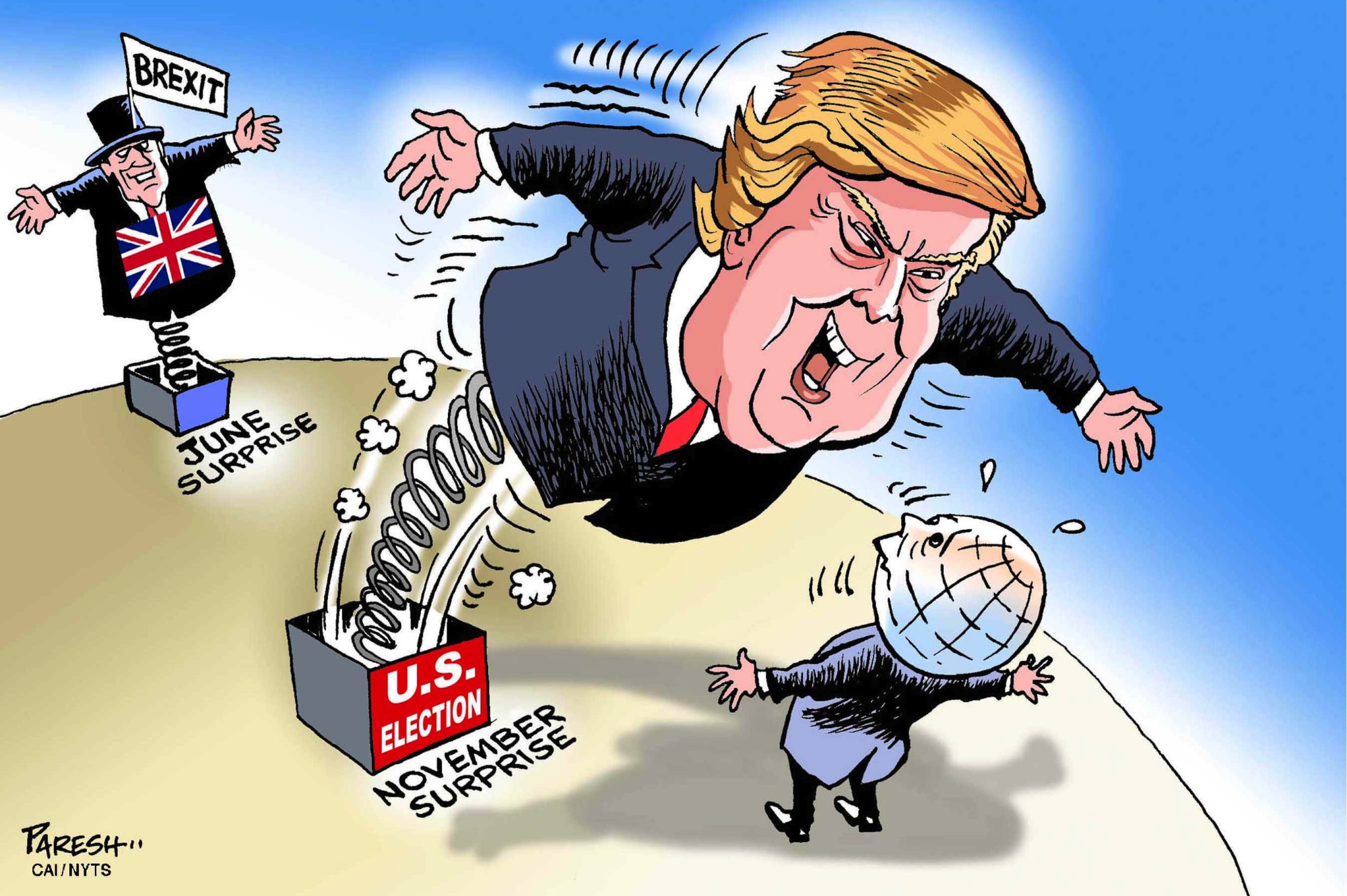Donald Trump's ascent to the presidency of the United States has been received with a mixture of incredulity and shock, followed by a very pronounced sense of unease and uncertainty about what this might entail. Simply put, we do not know, but the way his transition is being handled does little to assuage the serious list of concerns about his suitability for the office, things that were meant to have prevented him from getting this far.
Accompanying Trump's remarkable rise from a curious oddity to a serious contender for the Republican ticket, and then an improbable presidential candidate and even more unlikely the victor, has been a steady stream of analysis. For op-ed writers, it presented a very obvious formula: "What would the election of Trump mean for [issue of choice]?" This gave media outlets the content they needed, the writers got another publication, and readers had another article to agree with and share or disagree with and ignore. But obviously we collectively missed something, as most of us were flatfooted when the election results arrived.
Much like Alice in "Through the Looking Glass," it seems we have not had enough practice at believing in impossible things. Trump won, a black swan appeared once again. The immediate sense of confusion and alarm was soon replaced with another barrage of articles and posts now telling us why Trump won (but of course) and what this would mean for the U.S. economy, its place in the world or another issue of choice. One must wonder, however, about the ease with which the same pundits could resume their confident assertions, albeit now with a different starting point (President Trump).


















With your current subscription plan you can comment on stories. However, before writing your first comment, please create a display name in the Profile section of your subscriber account page.